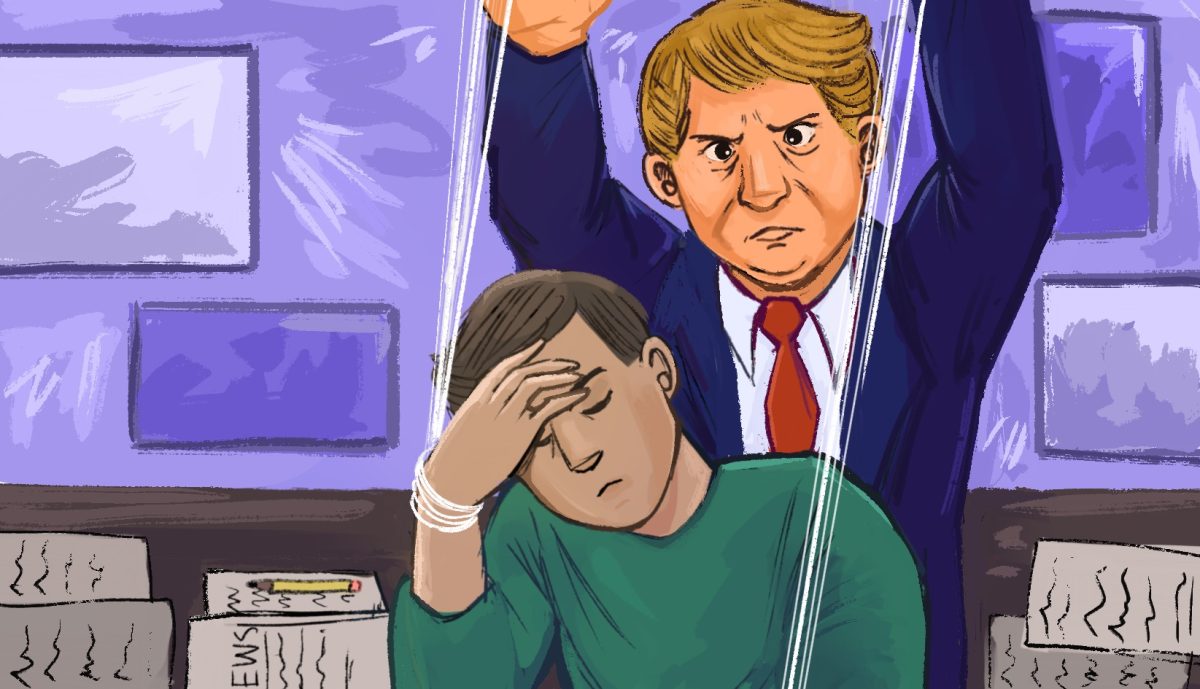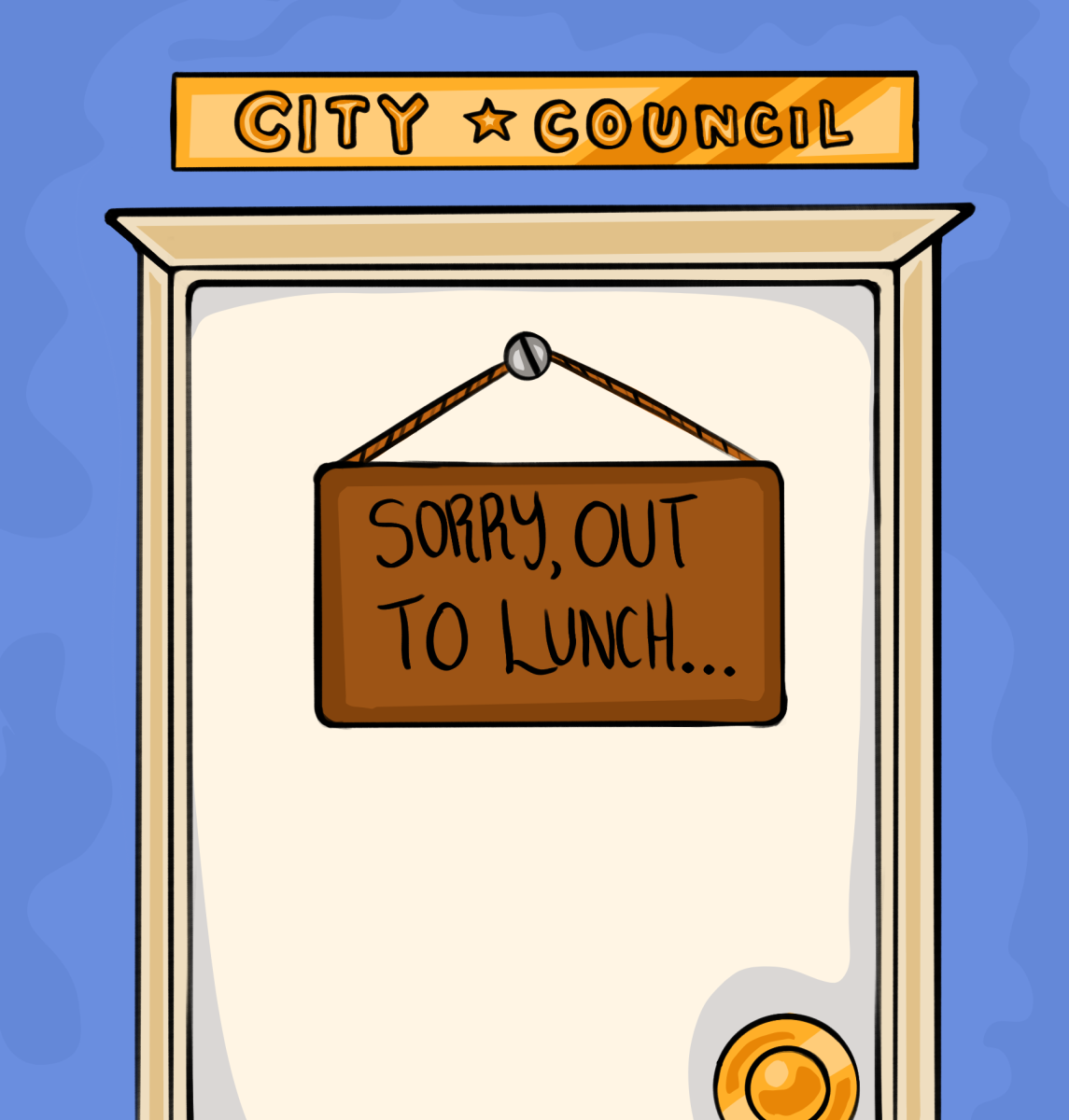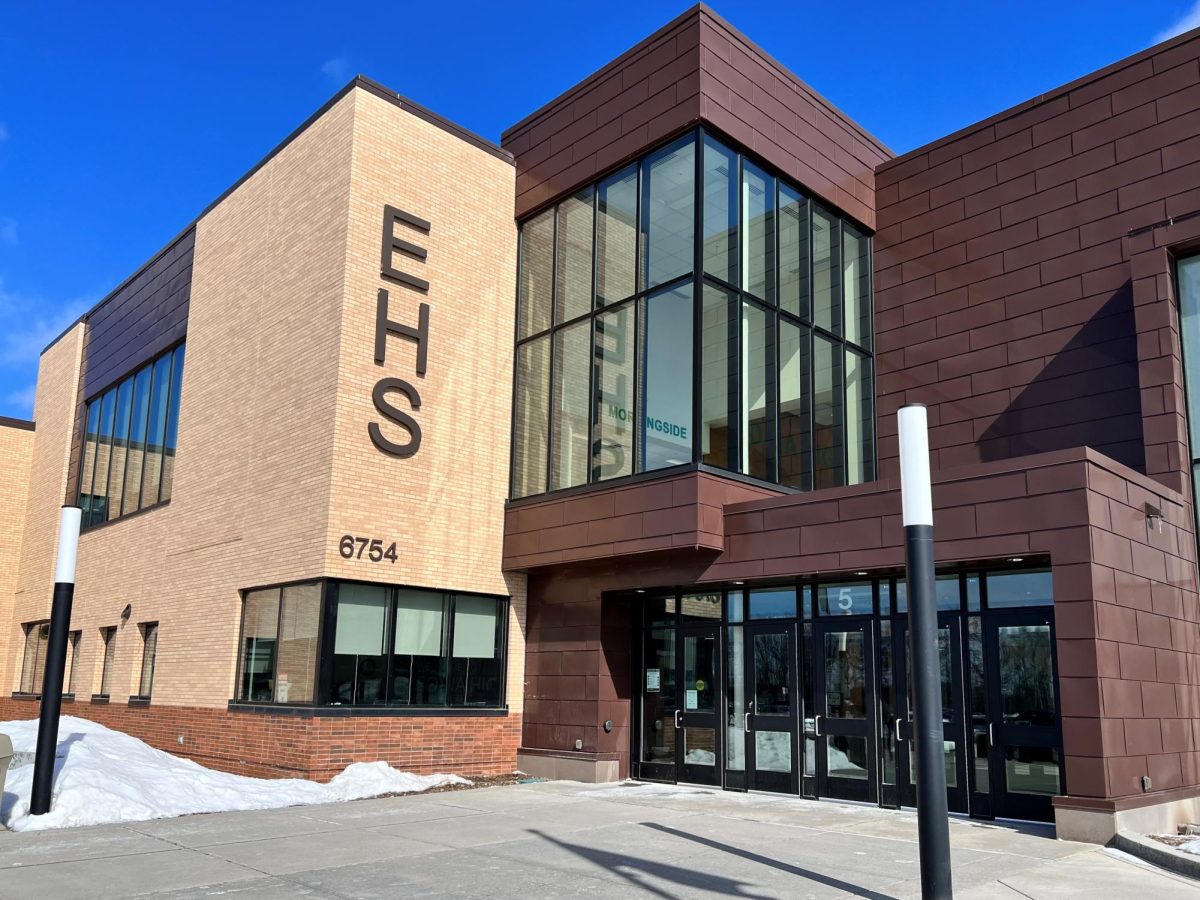In early January, the City of Minneapolis decided to clear out a homeless encampment named Camp Nenookaasi in Ventura Village for the sake of “public health and safety” according to CBS news. Encampments around the metro were closed in early December, due to reports of unsafe environments. Though the city posits shutting down Nenookaasi was the best solution for stability, it’s little more than pandering to public opinion.
Decades of research and debate over how to handle homelessness in the U.S. have concluded that cities’ attempts to place homeless people into shelters and place them out of sight have been wildly ineffective. Although tent camps aren’t safe, especially in the Minnesota winter, closing them and forcing inhabitants out isn’t the answer. A 2019 paper found that solutions that fund affordable housing, give homeless people choices about where to live, and provide resources to get jobs, clothes, and food, are the most effective. Minneapolis’s solution involves relocating everyone into shelters, which ticks exactly none of those boxes. To make matters worse, shelters limit who can get in—though the U.N. sanctioned right to shelter isn’t limited based on sobriety, most homeless shelters are. They also limit how many belongings one can bring in, and shelters are impermanent solutions because the availability of beds varies on a night-to-night basis.
So why, exactly, do municipalities ignore this?
It comes down to optics. Radical acceptance of homeless people, which is required to make a difference, doesn’t make for marketable politics—but taking a tough-on-crime stance to “preserve public safety” does. Minneapolis’s Chief of Police Brian O’Hara has previously stated that his strategy when engaging with tent camps is based on making the city “feel safer.” Camp Nenoosaaki is a prime example of this ideology; the closing was specifically based on reports from the public about alleged shootings and unsanitariness around the encampment. How the public talks about camps like Nenoosaaki frames politicians’ responses; when we, as citizens, complain that homeless people have the audacity to be in our line of sight, that informs elected officials.
For years, activists and researchers have been crying out, telling politicians that their tactics are ineffective methods that don’t get to the root of the problem. It’s easy to pretend as though the issue is helpless, or that there’s no way to change these tactics. Even so, the public should remember why politicians make these decisions. Because the narrative surrounding homelessness often paints homeless people as lazy, pitiful, and unworthy of the government’s support, most of the public is unwilling to hear proactive solutions. Instead, policies that support homeless people are now seen as socialist handouts. This means that while the politicians have vested interests in sweeping homelessness under the rug—making the city look “cleaner” and “safer” is the usual reasoning—more compassionate policies aren’t accepted. Changing our perceptions of homeless people is the only way to change the incentives for how politicians address homelessness in local communities. Until we all change our narratives about homelessness, we can’t expect politicians to do any better.
This piece was originally published in Zephyrus’ print edition on February 21, 2024.













Ian • Feb 24, 2024 at 12:56 pm
It’s a tragedy all around, for the people living in the camp and for the people living next to and around it, everyone dealing with the safety problems around them.. the violence, crime, health concerns, etc.
I think council member Vetaw has the right perspective, informed by her personal experience growing up with a mother addicted to crack as she discussed at a recent city council committee meeting.
Minneapolis has done a commendable job getting so many people out of tents and into temporary (a step to permanent) and permanent housing with projects like Avivo. Almost all of the remaining people in that camp are not interested or able to get off the street because of addiction.
Classifying this as primarily a housing problem is inaccurate, if not deceptive, and not helpful to people in the camp or the people who live near them and directly deal with issues caused by them. Being unhoused is symptom of addiction, not the other way around. I’ve never heard of a disease cured only by addressing a symptom. These people will struggle with being unhoused as long as they struggle with addiction.
The fact that the remaining tent camps are only in neighborhoods like Whittier, and not Calhoun Isles, Nokomis, etc. should not be overlooked. There are already so many minority and immigrant families, recovering addicts, underemployed people, etc already struggling in this neighborhood. Whittier has so many challenges and centering a camp that brings extra crime and safety issues to an already overburdened community is just wrong.
Neighborhoods need home owners, small businesses, quality rental units. Neighborhoods need to be a place where people WANT to live, free from crime and health issues (constant wood fires and IV needles), and tent camps of fentanyl addiction will kill a neighborhood like Whittier.
Minneapolis needs to have some low-barrier shelters, that will take them and their dogs, and their significant others, that do not require people to be “clean”. Anything would be better than pop up encampments in our most challenged residential neighborhoods.
We do need to help these people in the camp, but we can’t ignore or dismiss the problems they bring to the neighborhood and the people that live in and near them.
-Former Edina resident and student, and current resident of Powderhorn Park in Mpls (20+ years)